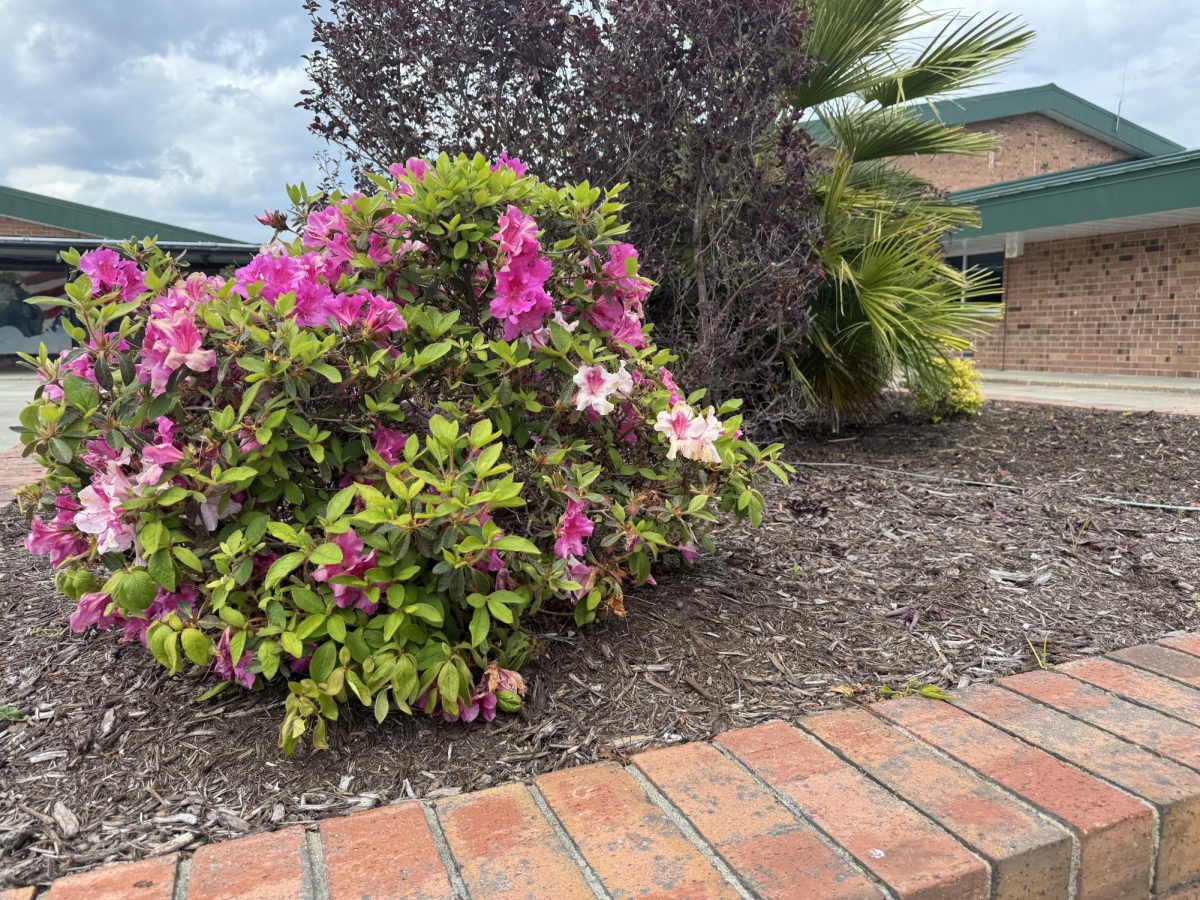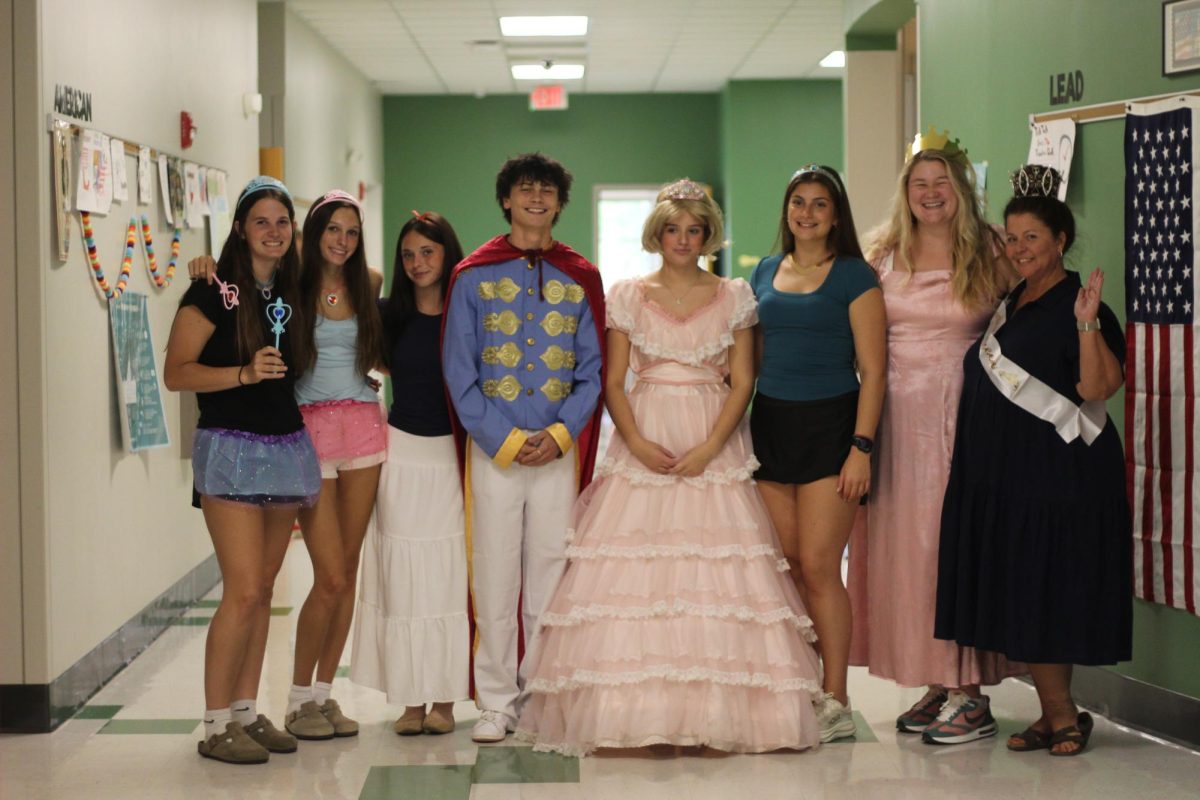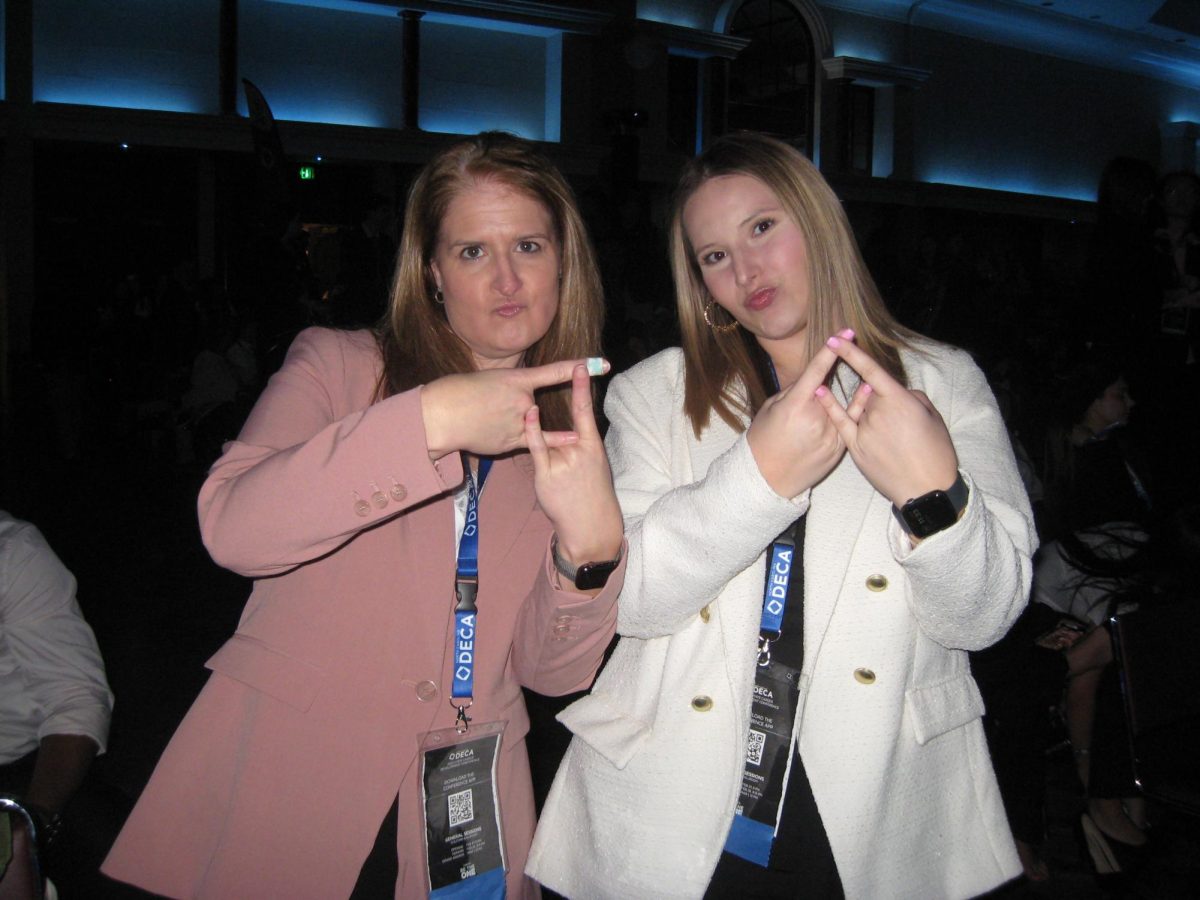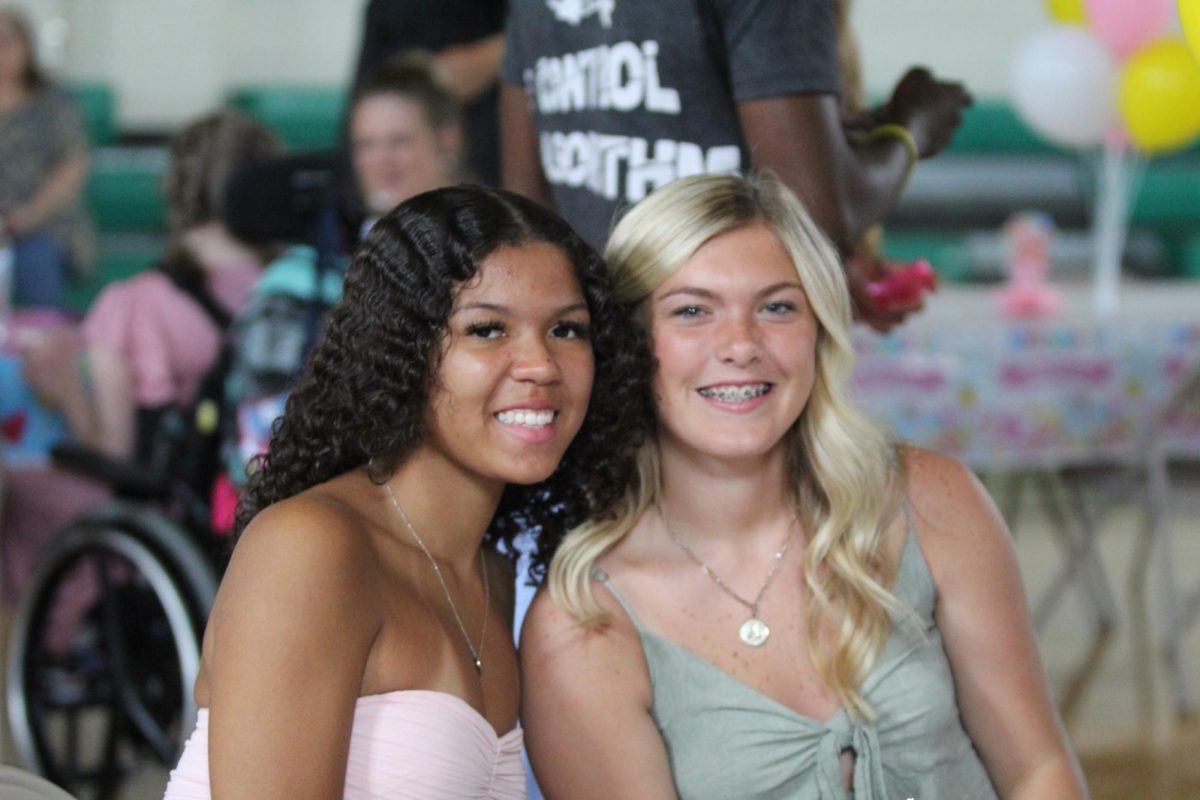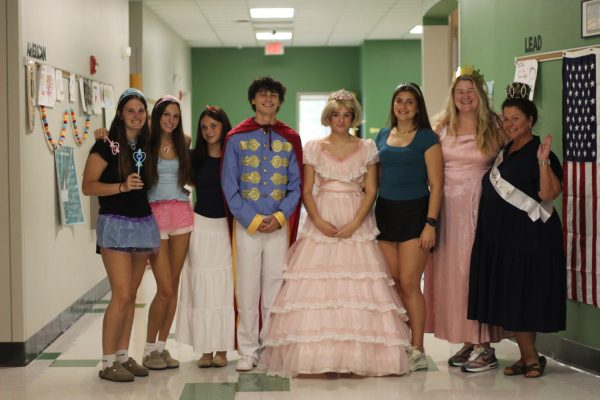Toxicity in Teen Relationships
Being in a toxic relationship does not benefit you, or your significant other, so why be toxic?
Raising your voice and arguing with your significant other instead of sitting down and trying to communicate with them, does nothing but harm a relationship.
May 16, 2023
Toxic relationships include many things: lack of support, unhealthy communication, jealousy, manipulation, dishonesty, narcissistic or selfish behavior, etc. Unfortunately, some love their partner so much that they become blind to the damage that it could be causing them mentally and physically.
According to Youth.gov, they have found that 76 percent of teens report emotional and psychological abuse during relationships. But what are some things that lead to toxicity in teen relationships? What damage does it do? What are ways to fix it?
“Being in a toxic relationship makes you feel like you’re not good enough,” said sophomore Emma Osborne. “It makes you feel like you’re not worth the time and energy to be loved at the full capacity that you deserve to be.”
In many toxic relationships, people blame themselves. They feel like they’re not good enough, and being in a toxic relationship will cause their mental health to decline. In addition, it may cause you to rethink being with someone else because you fear it may happen again.
“It causes trust issues that may affect your future relationship,” said Osborne. “You’ll always compare every person you’re with afterwards to that one relationship you were in.”
Future relationships can be impacted by former relationships that they had been in that were toxic. Sometimes the past can cause future relationships to become toxic as well. It becomes a cycle.
“Being in a toxic relationship made me upset and angry more than anything,” said junior Braxton Howard. “Mainly because I was putting in more effort and energy in the relationship than they were.”
For a relationship to work, there needs to be balance. A relationship must be 50/50 for your relationship to be successful. If one partner puts a different amount of work in the relationship than the other, tension brews and festers.
“The aftermath of being in a toxic relationship is really destructive,” said sophomore Kaylie Vernon. “It takes a lot of self-building afterwards and to get back on your feet.”
Relationships can have the ability to be healthy and thriving. Toxic relationships can change, but with lots of work, both partners need to be fully committed to change. The first step is ensuring you are mentally prepared to be in a relationship: when you love yourself first, it makes it easier for you to have the ability to love someone else.
“If you’re really attached to them and you love them so much to the point that you guys don’t want to leave each other then just try to fix it,” said Verneen. “If both of you are willing to change, develop ways to grow the relationship you’re in instead of giving up on each other.”



